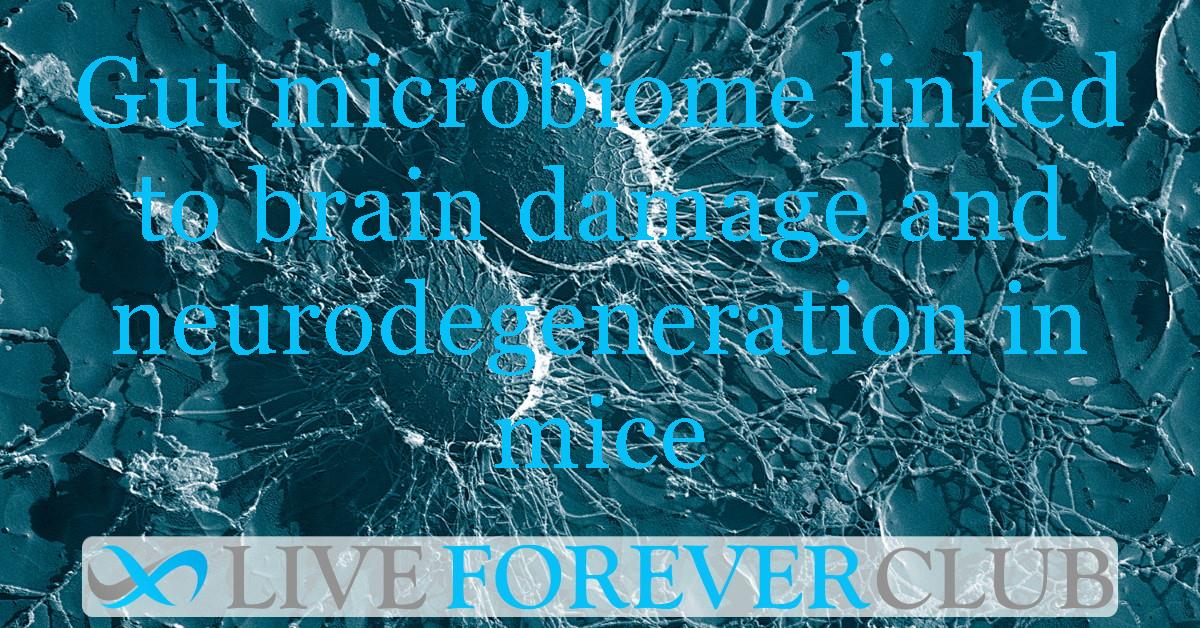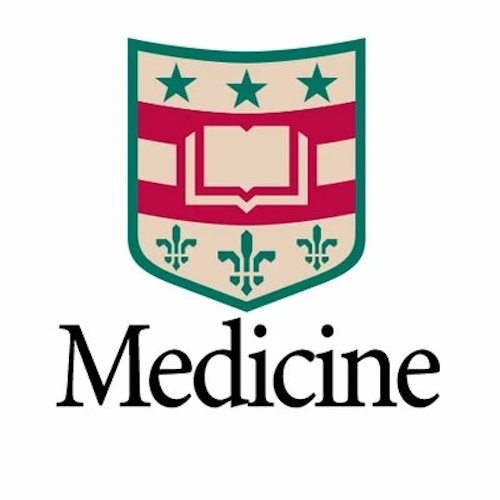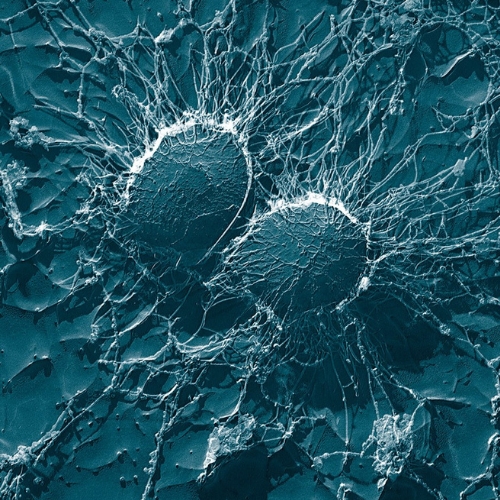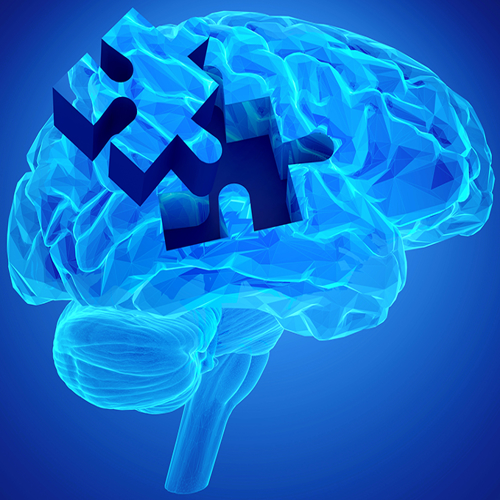Key points from article :
Gut microbiome linked to brain damage and neurodegeneration in mice
Modifying gut microbiota with antibiotics reduced inflammation and tau-linked damage
12-Jan-2023
In mice, gut bacteria found to affect immune cells in the brain that can damage brain tissue and exacerbate neurodegeneration.
Researchers altered the gut microbiomes of mice predisposed to develop Alzheimer’s-like brain damage and cognitive impairment.
Mice were genetically modified to express a mutant form of the human brain protein tau, which builds up and causes damage to neurons and atrophy of their brains.
Under sterile conditions from birth, the genetically modified mice did not acquire gut microbiomes and their brains showed much less damage at 40 weeks of age.
Under normal, nonsterile conditions, mice developed normal microbiomes.
“We gave young mice antibiotics for just a week, and we saw a permanent change in their gut microbiomes, immune responses, and how much neurodegeneration related to tau they experienced with age,” said senior author David Holtzman.
Protective effects of the microbiome were more pronounced in male mice with the APOE3 variant compared to those with high-risk APOE4 variant, possibly because the deleterious effects of APOE4 canceled out some of the protection.
Three short-chain fatty acids associated with neurodegeneration were scarce in mice with gut microbiomes altered by antibiotic treatment, and undetectable in mice without gut microbiomes.
When middle-aged mice without microbiomes were fed the three short-chain fatty acids, their brain immune cells became more reactive and showed more signs of tau-linked damage.
New approach to prevent and treat neurodegenerative diseases by modifying the gut microbiome with antibiotics, probiotics, specialized diets or other means.
Study by Washington University School of Medicine in St. Louis published in the journal Science.
Mentioned in this article:
Click on resource name for more details.
David Holtzman
Professor of Neurology and scientific director of the Hope Center for Neurological Disorders at Washington University
Science
Peer-reviewed academic online journal of the American Association for the Advancement of Science (AAAS)
Read full article on EurekAlert! website






